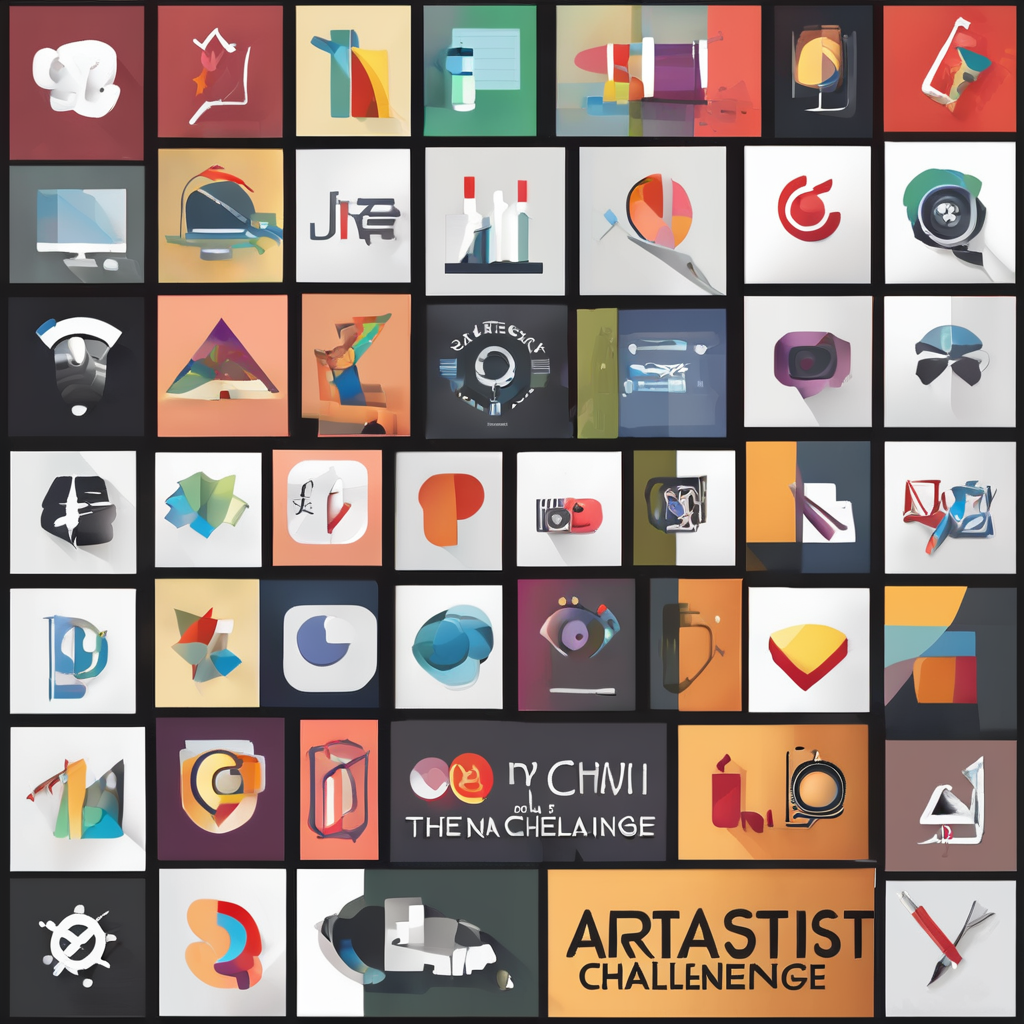Learning the Quran online adapts to all skill levels with flexible courses designed for your pace and goals. Access expert tutors offering tailored lessons in Tajweed, memorization, and Arabic without extra software, using interactive tools that support engagement and progress tracking. Whether starting out or deepening knowledge, this approach combines convenience, personalization, and technology to make Quran learning effective and accessible for everyone.
Essential Steps and Resources for Learning Quran Online
Robust online Quran platforms are designed to make learning accessible and adaptable for every learner. By integrating features such as flexible class scheduling, customized lesson plans, and progress dashboards, these platforms cater to children, adults, and beginners seeking to start learning Quran at their own pace. Users can easily connect with qualified tutors, select sessions according to their time zones, and benefit from interactive classrooms equipped with audio-visual tools, making online Quran learning simple and effective.
Also read : Essential guide to buy villa st barts
A strong learning path typically begins with structured lessons tailored for different proficiencies, including step-by-step guidance on Quranic Arabic, word-by-word reading, and memorization for all ages. Beginners progress through the basics, like the Norani Qaida, while advanced students can deepen their study with tajweed courses or intensive memorization techniques. Many platforms offer a combination of live classes, demo materials, and trial periods to help students find the teaching style that suits them best.
Personalized instruction, ongoing assessments, and easy resource access ensure learners and parents can monitor improvement while building confidence. In 2025, online Quran study offers unprecedented convenience—empowering students around the world to build a meaningful relationship with the Quran through adaptable, supportive methods.
Also to discover : Arsenal vs manchester city: the premier league title clash
Platforms, Methods, and Tools for Effective Quran Learning
Comparison of Top Online Quran Platforms: Features and User Experiences
Using the SQuAD method: The best online Quran academies excel through accessible technology, flexible scheduling, tailored courses, interactive features, and safety for all learners. For example, Qutor’s browser-based classroom eliminates the need for external apps, integrates video and audio chat, and provides a virtual whiteboard for practicing Quran Tajweed rules and memorization techniques. Users can select from thousands of vetted tutors, whether for one-to-one Tajweed courses, Quran memorization, or Arabic grammar. Individual progress is tracked—important features like class recordings, free trial sessions, and parental monitoring add strong support for families.
Platforms such as Quran.com focus on structured study plans; each learner can read, listen, and search verses, using tools for word-by-word translation and tafsir. Progress tracking and tailored path options support consistent engagement, making it straightforward for anyone at any level of Quranic study—including non-Arabic speakers.
Al Kunuz stands out by personalizing courses for all ages, offering private sessions and comprehensive feedback. Courses focus on Arabic recitation, memorization, and adjusting to individual weak points, with clear scheduling flexibility and affordable pricing.
Best Practices for Structured Quran Learning: Plans, Tools, and Feedback
Effective online Quran study builds on accessible digital platforms, personalized tutor selection, and consistent feedback. Practical tools—like interactive whiteboards, class archives for review, and dedicated apps—empower users to improve recitation, reinforce memorization, and build foundational Arabic skills. Direct teacher-student pairing offers clarity and security, while routine assessments help identify progress and areas for extra support.
Advancing Quran Skills: Tajweed, Memorization, and Deeper Understanding
Techniques for Tajweed Mastery and Fluent Recitation
Mastering Tajweed starts with learning the fundamental rules such as those for elongation (madd), nasalization (ghunnah), and letter articulation (makharij). Many online courses and platforms—like https://www.al-kunuz.com/en/quran—provide structured tajweed lessons for all levels, often through interactive video classrooms. Learners benefit from audio-visual demonstrations, immediate correction, and annotated practice materials. Utilizing Quran tajweed learning apps and downloadable PDFs, beginners can reinforce lessons at their convenience and gradually progress towards confident, accurate recitation.
Methods and Tools for Efficient Quran Memorization
To memorize Quran efficiently, breaking chapters into smaller portions aids memory retention. Repetition—both oral and written—solidifies learning. Online memorization courses frequently implement scheduled reviews and progress tracking, ensuring consistent improvement. Customized programs adapt to individual memorization pace and utilize recitation, audio playback, and revision cycles. Users seeking a fast-track approach combine digital flashcards, mobile reminders, and regular supervised practice to enhance recall.
Building Deeper Comprehension: Translation, Tafseer, Vocabulary, and Grammar
Building a deeper connection with the Quran comes from combining recitation with understanding. Word-by-word translations and tafseer resources deepen insight into meaning, context, and relevance. Study plans integrate vocabulary building and basic Quranic Arabic grammar, often supported by engaging apps or bilingual resources. For independent progress, digital platforms provide access to dictionaries, tafseer libraries, and stepwise grammar tutorials, making comprehension accessible for non-Arabic speakers and advanced learners alike.










